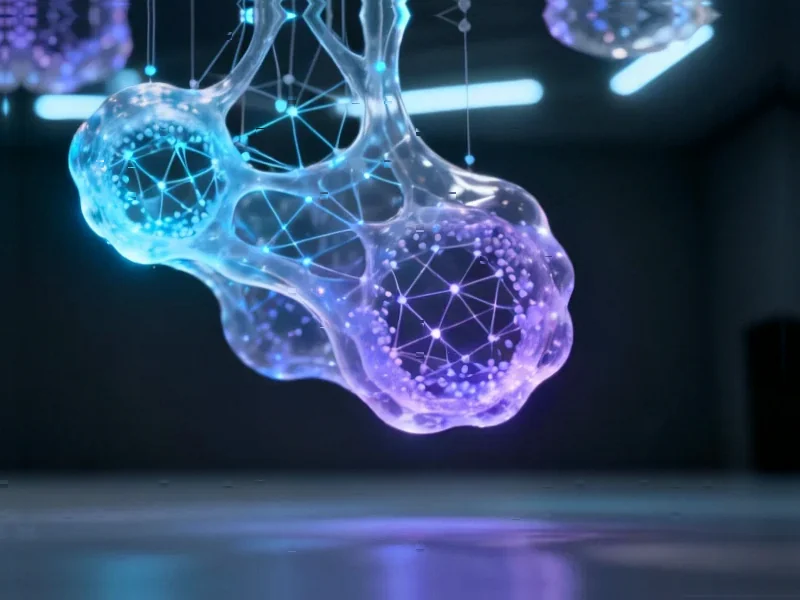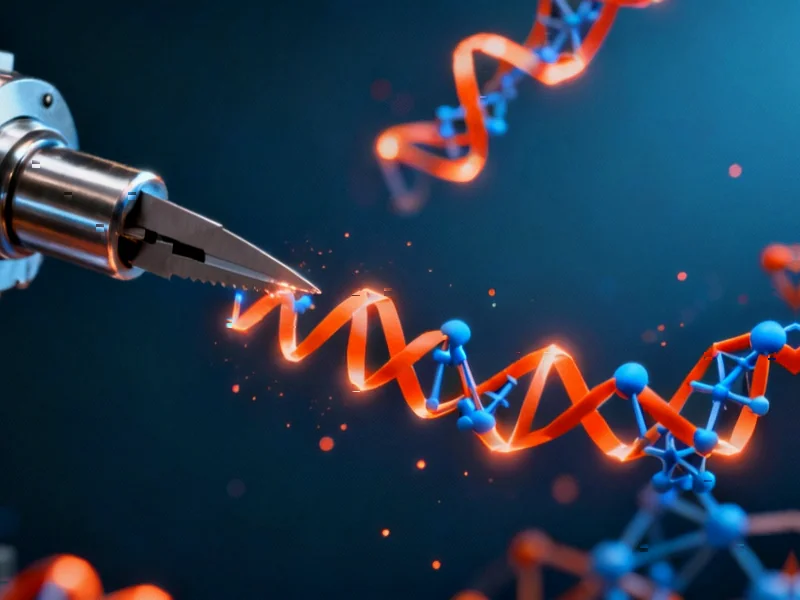Scientists Demonstrate Darwinian Evolution in Synthetic Self-Replicating Systems with Light-Driven Catalysis
In a groundbreaking study, researchers have engineered synthetic molecular systems capable of Darwinian evolution based on photocatalytic efficiency. The experimental system demonstrates how molecular complexity can emerge through natural selection operating on synthetic replicators competing for resources under light-driven conditions.
Evolutionary Breakthrough in Synthetic Biology
Scientists have reportedly achieved a significant milestone in synthetic biology by creating self-replicating molecules that undergo Darwinian evolution based on their photocatalytic performance, according to research published in Nature Catalysis. The study demonstrates how synthetic systems can be designed to exhibit selection for protometabolic activity through fundamental evolutionary principles.

